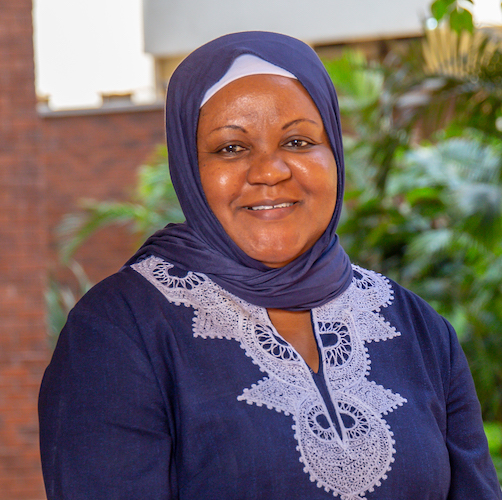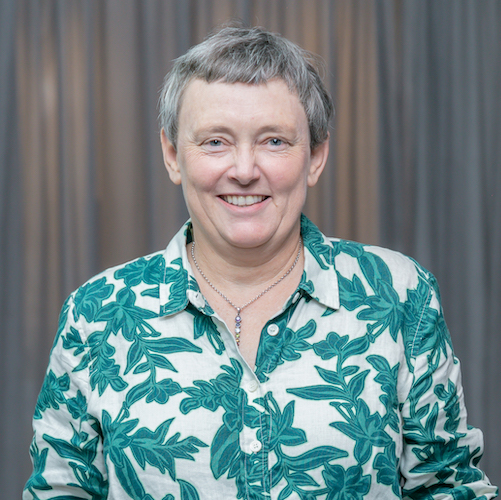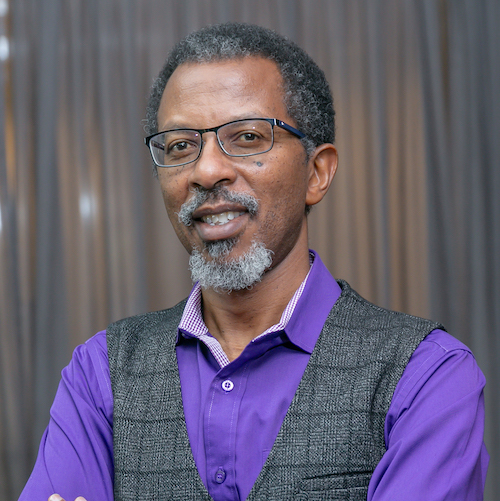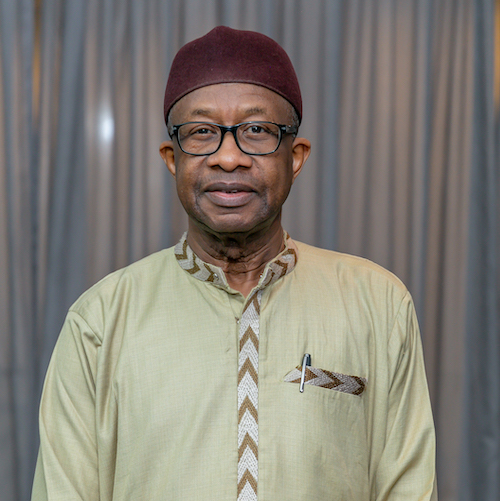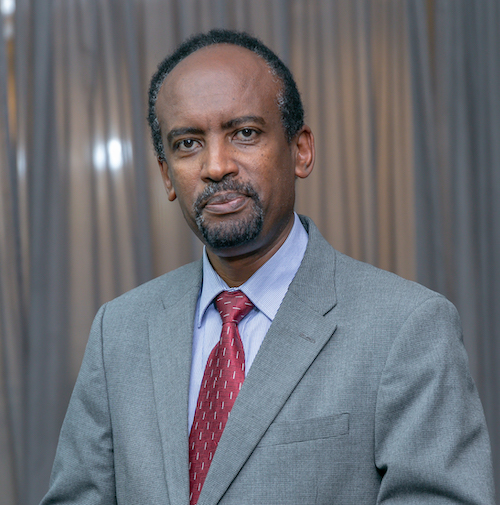
Science R&D Prioritisation
Priority setting for R&D
in Africa
Data, Policy and Open Science | Science Prioritisation & Policy Engagement for Africa (SPEAR) |Science R&D Prioritisation
WHAT WE DO
SPEARSeveral factors interfere with an optimal science-policy nexus. Perhaps most disruptive is the vast separation between technical experts generating Research & Innovation (R&I) evidence for informed policy and the policymakers who are responsible for decision making.
Across Africa, this gap in science-policy engagement is further widened by the limited representation of science innovators in critical policy dialogues on topical issues including climate change, artificial intelligence and other emerging areas. In some instances, policy dialogues are driven by limited data generated by funding partners who have a vested interest in the R&I priorities as opposed to objective contributions by innovators and those with lived experiences on the continent.
These factors hinder the implementation of evidence-based interventions and treatments, ultimately limiting the potential positive benefit of R&I to human lives and societies on the continent and elsewhere.
The SFA Foundation is advancing an African-led model for science-policy engagement based on scientific prioritisation, incorporation of endogenous knowledge, and community and public engagement. The goal is to drive diversity, equity and inclusion (DEI) in policymaking processes on the continent. This will increase the chance that trust will take root and resulting uptake of innovation will improve the lives of our societies and economies, meeting our developmental goals, and influencing those in other low- and middle-income countries.
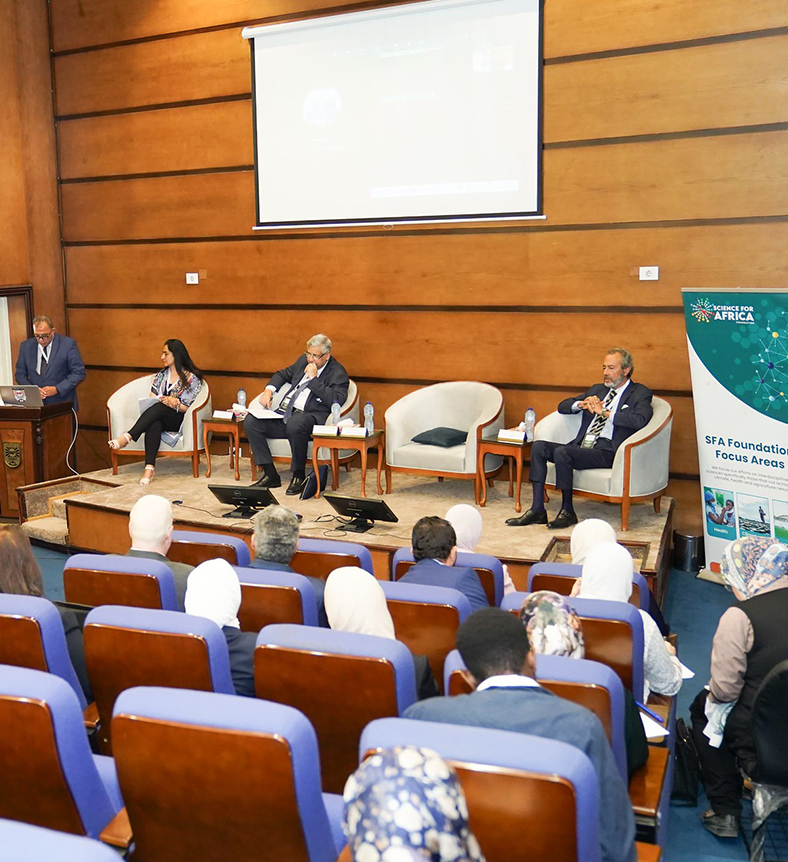
The SFA Foundation convenes especially the African scientific community, funders, policymakers even media to identify R&D priorities for the continent. In this picture is the fourth in a series of AI & Data Science policy convenings hosted to discuss the critical policy gaps in AI and Data Science within the context of global health.
How will science policy engagement drive impact:
- If R&I is to deliver maximum impact and positively change the lives of African people and societies, findings from Africa led R&I research programmes should be translated into recommendations that can be implemented within policy and practice in Africa.
- Contribute to efficiency and effectiveness within programmes through best practice.
- Ensure the right questions are formulated, asked, and answered through an African lens.
- Highlight gaps and key points of evidence within context and in an accurate manner to facilitate comprehension and use.
- Promote shared understanding, trust and collaboration for meaningful work that drives change regionally and globally
- Place African experts and policymakers at the centre of science-led policymaking processes in Africa
- Place contextually relevant data and perspectives at the centre of science-led decision-making process in Africa.
Activities being implemented by SPEAR
Artificial intelligence (AI) and Data Science policy gaps from an African perspective. The African STI landscape is witnessing the emergence of AI and Data Science across various sectors. However, for these technologies to have their full positive impact, it is crucial to develop trust among stakeholders and formulate contextualized policies that support their implementation in the region. This grant aims to address these areas by:
- Convening African stakeholders to examine and comprehend the policy gaps in AI and Data Science in global health from an African perspective, focusing on but not limited to genomics, clinical trials/drug development, and epidemics/pandemics.
- In collaboration with African partners, identifying the research and development goals of AI and data science for the betterment of global health from an African perspective.
- Engaging the public on AI and Data Science policy
" If scientific results are not shared broadly, then the societal benefits are significantly limited. We have a responsibility to ensure that policymakers have access to the best, relevant and up-to-date knowledge available. To achieve Africa’s sustainable development goals, it is critical that policy decisions are informed by contextually relevant evidence”. - Uzma Alam, SPEAR programme lead.
